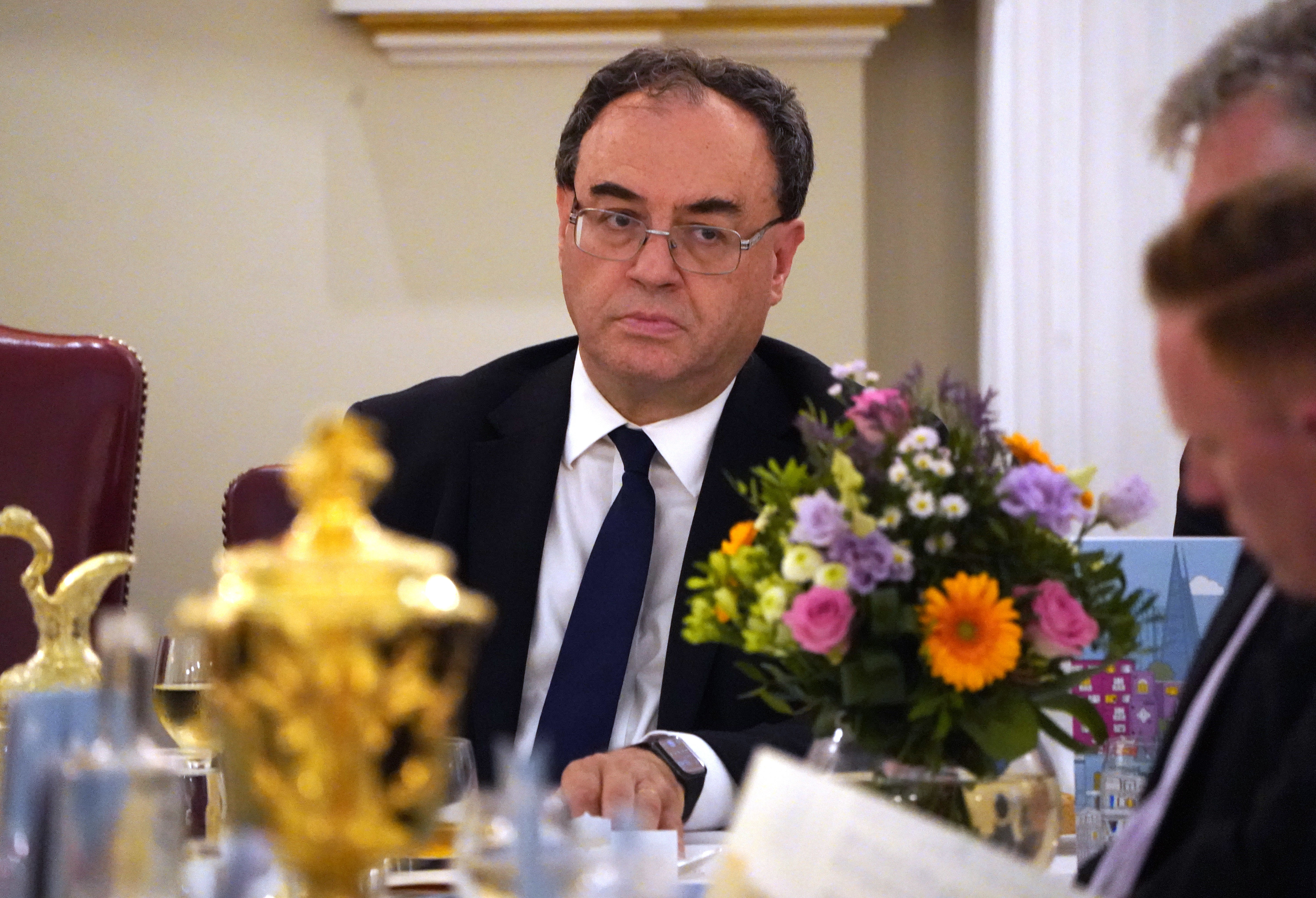Governor welcomes Bank remit review, as he sets weekly meetings with Chancellor
In a meeting on Wednesday, new Chancellor Kwasi Kwarteng said he was committed to the Bank of England’s independence.

Your support helps us to tell the story
From reproductive rights to climate change to Big Tech, The Independent is on the ground when the story is developing. Whether it's investigating the financials of Elon Musk's pro-Trump PAC or producing our latest documentary, 'The A Word', which shines a light on the American women fighting for reproductive rights, we know how important it is to parse out the facts from the messaging.
At such a critical moment in US history, we need reporters on the ground. Your donation allows us to keep sending journalists to speak to both sides of the story.
The Independent is trusted by Americans across the entire political spectrum. And unlike many other quality news outlets, we choose not to lock Americans out of our reporting and analysis with paywalls. We believe quality journalism should be available to everyone, paid for by those who can afford it.
Your support makes all the difference.The governor of the Bank of England has welcomed a potential review of the Bank’s remit, as he blamed Vladimir Putin for the economic crisis facing the UK.
Andrew Bailey said it is “good” to review the role of the central bank from time to time, ahead of his first meeting with new Chancellor Kwasi Kwarteng.
After the meeting the Treasury said that the two men would agree to re-instate weekly meetings and coordinate closely in their support for the economy.
The Chancellor said that the Government remains committed to the independence of the Bank of England and its remit over monetary policy.
It comes after Mr Kwarteng last month said that ministers “need to look again at what the mandate is”.
Speaking to the Treasury Select Committee ahead of his meeting with the Chancellor, Mr Bailey said the Bank’s role in setting policy was last reviewed nearly a decade ago.
“I think it is a good thing to review the remit from time to time, other central banks do that,” he said.
“The Canadians for instance have a formalised review every five years. The Federal Reserve and the ECB (European Central Bank) don’t have a regular schedule, but they do it.
“There was a plan to do one in early 2020 when I was coming in as governor, which got derailed by Covid.”
I’m afraid we can’t control what Vladimir Putin does... What we can and must and will control is bringing inflation back to target, as a consequence of whatever does go on
However, he said there are some important elements of the remit.
“It’s obviously for the Government to choose whether to do a review,” he said.
During the meeting the pair agreed that getting inflation under control quickly is vital to tackling the challenges that the increasing cost of living is causing.
Mr Kwarteng told the governor of his strategies for growth and fiscal policy, which he believes can help combat inflation.
During the meeting in Parliament, Mr Bailey blamed the UK’s current economic woes on the Russian President, who has more or less strangled the export of Russian gas into Europe.
“I’m afraid we can’t control what Vladimir Putin does, Mr Bailey said. “Let’s be blunt about it. What we can and must and will control is bringing inflation back to target, as a consequence of whatever does go on. There’s no question about that. We will do that.”
The Bank’s chief economist Huw Pill said forecasts of an economic downturn are due to energy prices.
“If we do fall into a recession… I think it’s important to emphasise that’s a consequence of the impact of higher energy prices on the real incomes of UK residents, because we are a net importer of energy.
“What we are buying from the rest of the world has gone up in price very, very significantly, relative to what we’re selling to the rest of the world.
“I think we need to be cautious about saying that monetary policy is causing a recession.”